Earth And Environmental Sciences
-
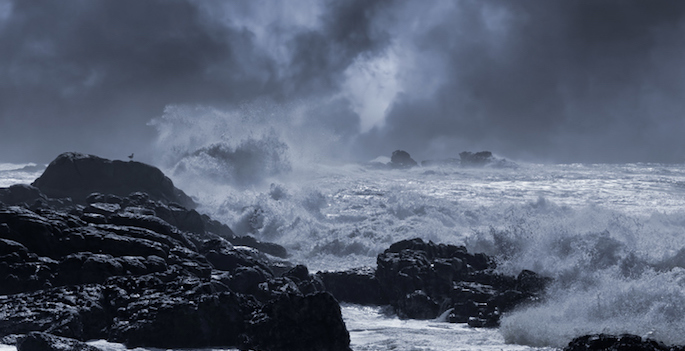
Wet and stormy weather lashed California coast…8,200 years ago
A study of stalagmite records from the White Moon Cave in the Santa Cruz Mountains finds the California coast was lashed by exceptionally wet and stormy weather for 150 years...8,200 years ago. Read MoreJun 20, 2017
-
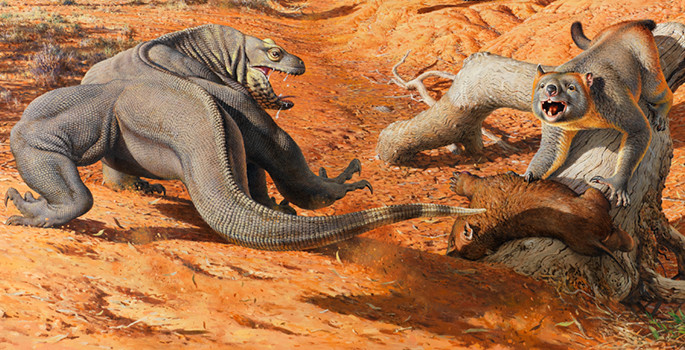
Climate change took away ancient animals’ food supply; holds implications for today’s wildlife
Analysis suggests that climate change had a significant impact on megafauna diets and was a primary factor in their extinction. Read MoreJun 2, 2017
-

Vanderbilt researchers studying Bangladesh for harbinger of climate change impact
An island off the nation's coast demonstrates land use mismanagement can be far more damaging than rising sea levels. Read MoreJun 2, 2017
-

Expert: Private industry, better messaging can help overcome damage from Paris withdrawal
Vanderbilt University law and earth science professors contend initiatives that reduce carbon emissions from corporations and households can fill some of the gap. Read MoreJun 2, 2017
-
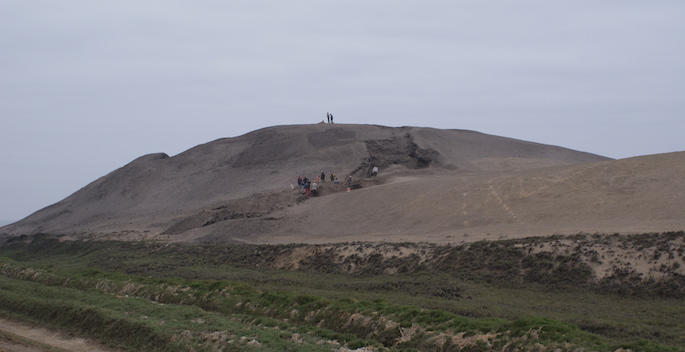
Northern coast of Peru was a hospitable rest stop for early Americans
Vanderbilt researchers found a place where early Americans paused on their migrations south and "settled in for a good long while," suggesting a slower pace of settlement than originally believed. Read MoreMay 24, 2017
-
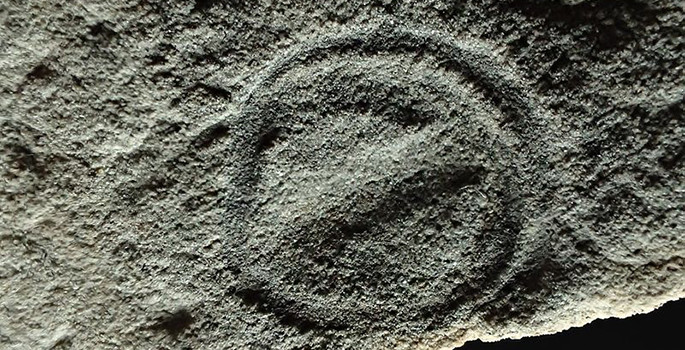
Life in the Precambrian may have been much livelier than previously thought
An interdisciplinary study suggests the strange creatures that lived in the Garden of the Ediacaran more than 540 million years ago may have been much more dynamic than experts have thought. Read MoreMay 18, 2017
-

National assessment overstates public access to safe drinking water in Bangladesh
According to the latest national assessment, 85 percent of the people in Bangladesh have access to safe drinking water. However, a new study raises serious questions about the nation's water security. Read MoreMay 12, 2017
-

The tale teeth tell about the legendary man-eating lions of Tsavo
Analysis of the microscopic wear on the teeth of three man-eating lions reveals that painful dental disease may have been what drove the cats to hunt humans instead of larger prey. Read MoreApr 19, 2017
-
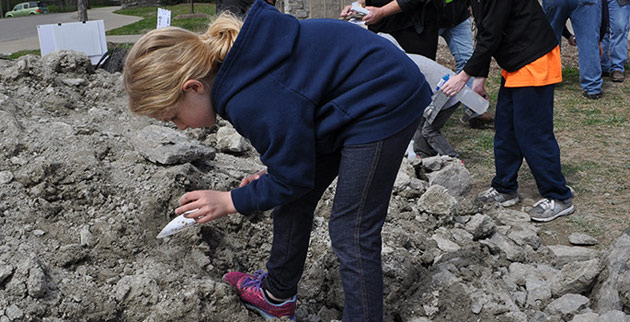
Fossils at the Fort is March 25
Fossils at the Fort is happening on Saturday, March 25, from 10 a.m. to 1 p.m. at Fort Negley Visitors Center and Park. The event is free and will take place rain or shine. Read MoreMar 15, 2017
-

Climate change helped kill off super-sized Ice Age animals in Australia
A new study has compared the diet of a variety of Australian megafaunal herbivores from the period when they were widespread (350,000 to 570,000 years ago) to a period when they were in decline (30,000 to 40,000 years ago) by studying their fossil teeth. The analysis suggests that climate change had a significant impact on their diets and may well have been a primary factor in their extinction. Read MoreJan 26, 2017
-
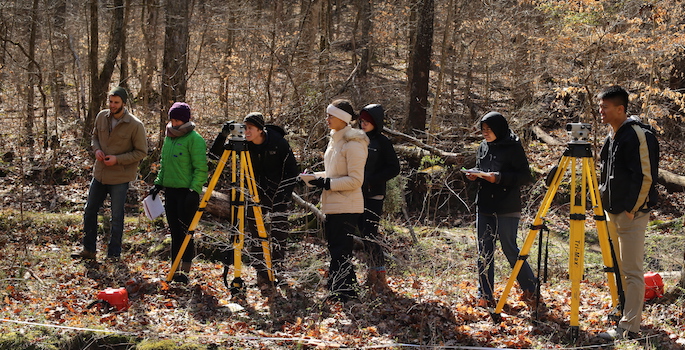
$1M gift to support research and immersion experiences for Vanderbilt’s Earth and Environmental Sciences
Vanderbilt’s College of Arts and Science received a $1 million anonymous gift to bolster faculty research and student immersion experiences in the Department of Earth and Environmental Sciences. Read MoreJan 24, 2017
-
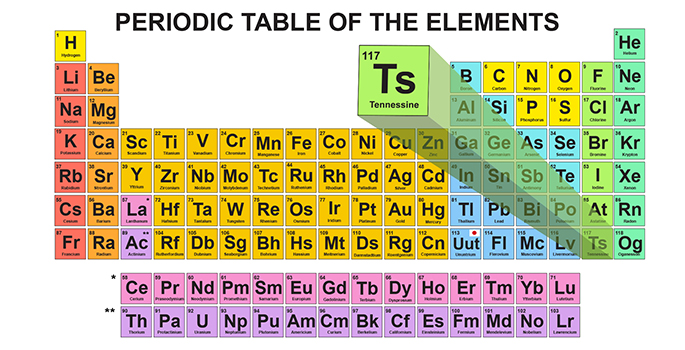
Research that ruled in 2016: Readers’ favorite stories
Artificial kidneys, gay-straight alliances and junkyard batteries captured readers' attention in 2016. Read MoreDec 16, 2016
-

Vanderbilt excavation begins to shed more light on the lives of early Peruvians
Findings from archaeologist Tom Dillehay's dig at Huaca Prieta and Paredones include the world's earliest known use of indigo dye. Read MoreOct 4, 2016
-

Cave study designed to solve puzzle of prehistoric megadroughts in the western U.S.
Paleoclimatic cave study in California is designed to identify the factors that made megadroughts commonplace in the western U.S. from 5,000 to 8,000 years ago. Read MoreAug 26, 2016
-
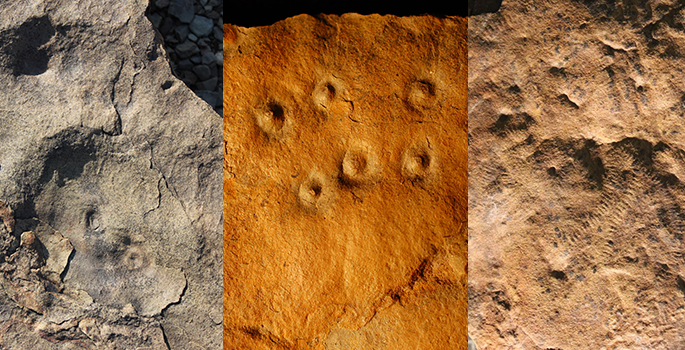
Newly discovered fossils strengthen proposition that world’s first mass extinction engineered by early animals
New fossil evidence strengthens the proposition that the world’s first mass extinction was caused by ‘ecosystem engineers’ – newly evolved organisms that radically altered the environment. Read MoreJul 29, 2016
-
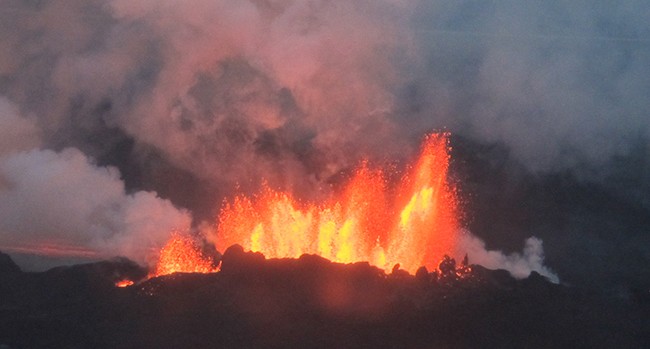
Super-eruptions may give only a year’s warning before they blow
A microscopic analysis of quartz crystals from an ancient California super-eruption indicates that the process of decompression preceding the eruption took place less than a year before. Read MoreJul 20, 2016
-
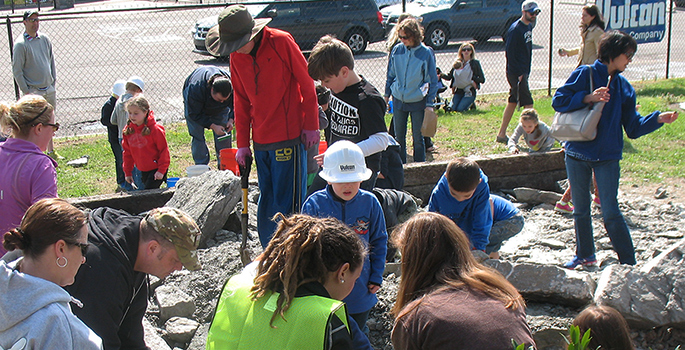
Fossils at the Fort is March 19
Fossils at the Fort is a free annual event providing young and old with an opportunity to journey into Middle Tennessee's astonishing ancient past. Read MoreMar 10, 2016
-
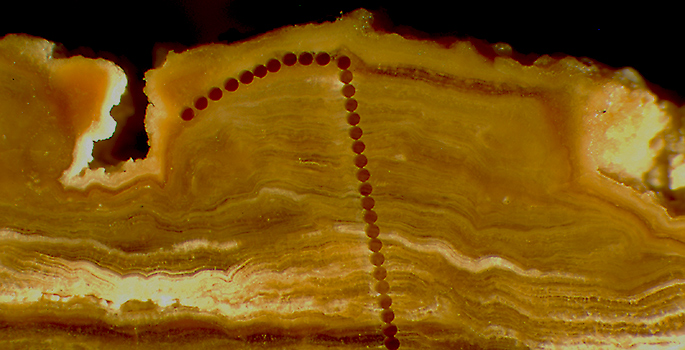
Growth rings on rocks provide new insights into past climates
Application of new micro-analytical techniques have transformed rocks and gravel buried in a special type of soil into a rich source of data about past climates that can help scientists understand how the climate will change in the future. Read MoreJan 15, 2016
-

Paris Climate Agreement subject of public lecture, roundtable at Vanderbilt Wednesday, Jan. 13
The Paris Climate Agreement is the subject of a lecture by a Columbia University law professor and a roundtable discussion to be introduced by Chancellor Nicholas S. Zeppos. Both events will be held at Vanderbilt Law School Jan. 13. Read MoreJan 8, 2016
-

The most popular research stories of 2015
With discoveries ranging from the origins of consciousness to the end of the universe, 2015 was a year of incredibly diverse research at Vanderbilt University. Read MoreDec 28, 2015